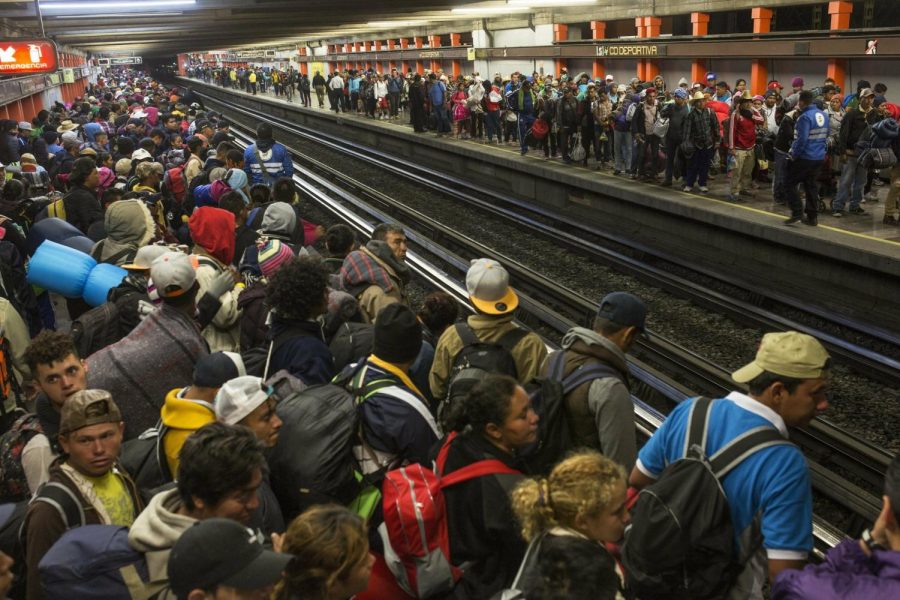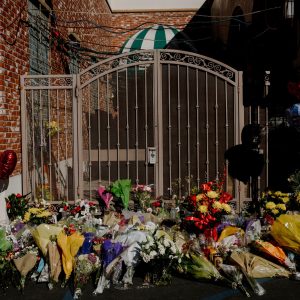The Migrant Caravan – An Alternative Perspective
Photo courtesy apnews.com
November 19, 2018
Over the last two months, the so-called “migrant caravan” has become major national news as Republicans and Democrats jostle once again over what it means to be an American citizen and who, if anyone, has the right to claim a better life for themselves in the United States. Whether one views this debate as a cynical ploy to help energize the Republican base before the midterm elections or a legitimate national security concern (and this author should note here that the latter is not remotely within the realm of possibility), there is no doubt that it has regrettably been rife with misconceptions, misrepresentations, and outright lies.
Regardless of one’s political beliefs, it is important to acknowledge certain facts both about the caravan itself and also about the political forces driving the reaction against it. The current migration is not an invasion, there are no members of ISIS in its ranks, and any politician who says otherwise is being deliberately disingenuous. The “caravan” is a representative sample of some of the world’s poorest and most downtrodden people, cruelly wronged in their home countries and fleeing very clear instances of violence and imminent danger. One might disagree with their right to seek asylum in the United States, but one simply cannot fault them for their decision to do so. After all, what rational person would not do anything and everything in their power to escape poverty and violence? There are some who have suggested that perhaps the members of the caravan could apply for asylum at a United States embassy in their home countries, but the current administration would be just as likely to accept them as they would to voluntarily release the President’s tax returns. Furthermore, are we really expecting desperate people who may be facing death to acquiesce into a place at the back of a queue that is notoriously one of this country’s greatest headaches?
There is yet another factor that one cannot discount: when we as Americans probe the true origins of the current border crisis, we are only pointing to ourselves. The systemic instability that plagues many parts of Central America is a direct result of decades of U.S. meddling in the region, from the horrors of drug-related crackdowns to the U.S. government’s long support of brutal dictatorial regimes and murderous rebel groups in El Salvador and Nicaragua. If we as a nation want to prevent future caravans, the United States needs to take concrete steps to lift the countries that spawn them out of poverty with economic aid. We cannot close both our borders and our pockets; we have to choose.
Not only is the current hysteria deeply injurious to the United States’ world image, it is an outright disgrace to the ideals on which this country was founded. This columnist is not saying that the United States should open its borders to any and all comers; however, if it is the government’s intention to make legal immigration as difficult as possible–and the current system suggests, perhaps inadvertently, this very purpose–then it is almost inevitable that the number of illegal immigrants will remain static or or even increase. We as a nation need to dispense with the fatuous pap about the cultural disintegration of our Union at the hands of immigrants and let go of the race-baiting appeals to voters who have lost much more to outsourcing and automation than to helpless and desperate innocents. We should return, somehow, to the vision articulated concisely in years of legal and cultural precedent that being an American is about more than the color of one’s skin or the place of one’s origin. If we do not take these steps, there is the very real possibility that, in grasping so hysterically at the sanctity of U.S. citizenship, we will forever and irrevocably cheapen it and debase ourselves in the process.






